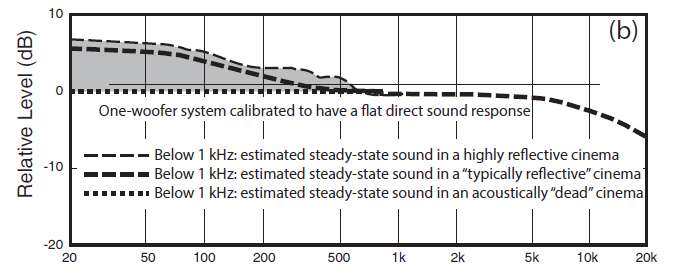we don't pooh pooh data/measurements here, but generally we are not slaves to them either. they have a purpose to help us, but not define success in our system building. or prove points. they are beside the point. when we get hit with that, we pivot away. not worth the time to argue about. there are other forums for that. we do have a thread right now about FR curves, which is unusual for this forum.I see comments like this in here a lot, just in different writing. Nobody who works seriously with audio, says that the listener is not important. There has been written heavily important books, about how we interpret sound. I would allow myself to say that we have come pretty far on this subject. So when a lot of people on this forum, claims that the objectivist are only looking at graphs, the at least give us an example of such a person. Otherwise it is just strawman argumentation, that only serves to confuse and ridicule those who (also) have a serious approach.
my room designer and speaker designer both use data to produce good work, but recognize where the ears have to contribute too.
but mostly listeners have to listen to choose things and build systems by listening.
not all objectivists are created equal, but some are hardcore when they just can't get off their soapbox to expose all us silly audiofools.
i've not met any "serious" objectivist who has actually built a system by that approach. they typically are not serious listeners. when confronted by the request to show how they did objectively build a system, they disappear. some of them think everything is either broken or sounds the same. tons o' fun.
how can you accuse anyone of not being serious? unless you know them. i am very serious about my hifi and music.
Last edited:











